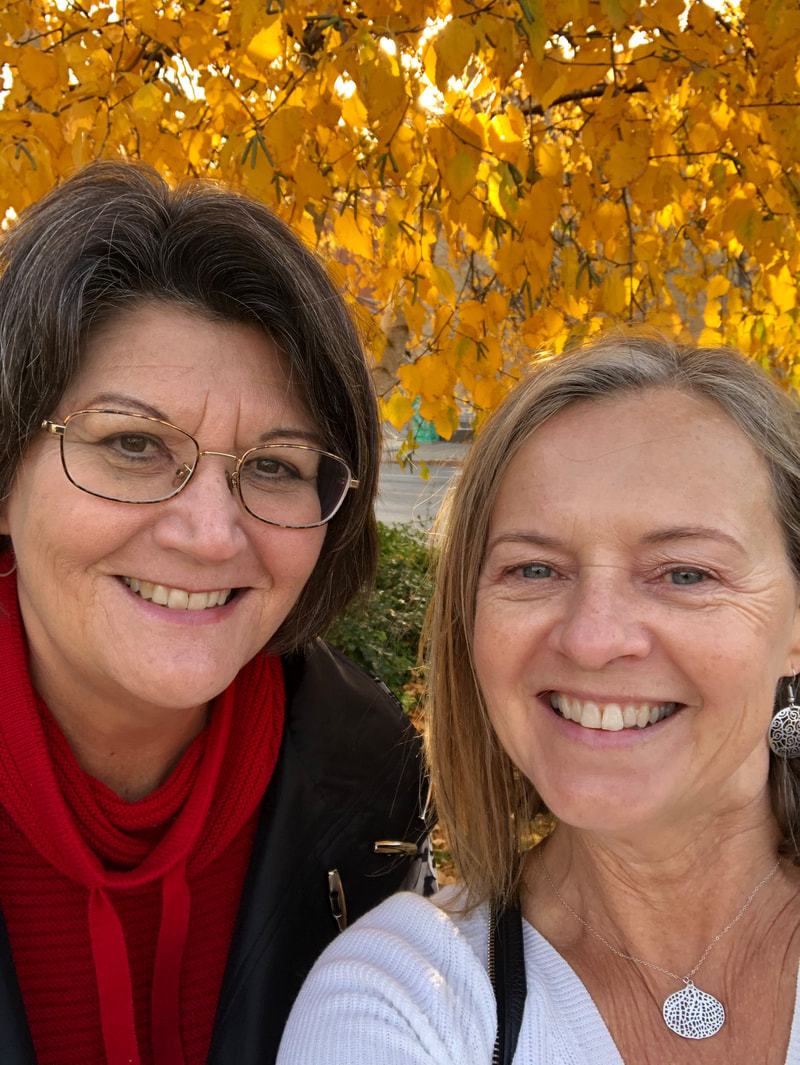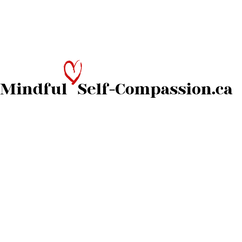|
Students, friends and colleagues often ask me "how has Self-Compassion changed your life?"
I've not found an adequate answer until I recently read this quote: “a benefit of Self-Compassion training is that it fosters a supportive inner dialogue.” (centerformsc.org) For me this captures my journey since 2014. Initially, my take away from the MSC training was increased inner voice awareness and the realization that my inner voice has a tendency to be quite harsh and has an unrelenting high standard. After the training, I spent several months simply noticing this and exploring the origins of these ingrained messages. I was surprised, relieved and a bit embarrassed to realize many of the messages came from external sources, planted during my formative years. However, this was a good starting point and I began to take inventory; sorting out which messages align with my values and truths. In hindsight this was a bit of a honeymoon phase; my thoughts and feelings were fresh, positive and I experienced many spontaneous moments of Self-Compassion at a very deep healing level. Then it stopped working! I was dealing with a high level of stress in a workplace where, no matter how hard you worked, it was never enough, because the demand for service far exceeded our capacity. During this period, I recall being harsh with myself in words and actions. I was not taking breaks, eating in an unhealthy way and feeling anger towards myself when I acted out my frustrations over the demanding workload. And here’s the big one; I was disappointed in myself because of my lack of self-compassion when I needed it most. This left me feeling fraudulent because I was teaching Self-Compassion. But, it was through teaching, practicing and also having a remarkable co-teacher and confidant that I realized "the never enough" experience in my workplace was mirroring an old internal dialogue and this was triggering old patterns of thinking, feeling and behaving. With this revelation I was able to soften my judgements and offer myself the support and kindness that I truly needed. Feeling inadequate, while providing care to those who are suffering is a complex phenomenon. My experiences as a professional caregiver, and now a caregiver for my elderly mother, have shown me that an innate desire to alleviate their suffering underlies this. The feelings of inadequacy, consciously or unconsciously, arise when our interventions do not alleviate suffering. The result is, we are now, also suffering. And this is where our inner dialogues play a crucial role in how we respond to our own suffering. We may become frustrated and/or indifferent towards those with whom we’re caring for, or we might blame ourselves, telling ourselves we somehow failed them, or we could acknowledge our own suffering and see where this takes us. And so, when I read: self-compassion training fosters a supportive inner dialogue, it was a WOW moment because I know that my inner dialogue now leans towards being supportive more often than not, and when old harsh patterns of dialogue arise, they remind me that this, more than ever, is a time to offer myself support versus judgement. Answering the question “How has Self-Compassion changed your life “is not easy because the practice keeps shifting and evolving as you respond and adapt to different life experiences. My co-teacher Patricia often says, self-compassion is like a muscle; when new challenges arise our self-compassion muscle is stretched, it hurts and the familiar practice doesn’t work until the self-compassion muscle changes (grows) and adapts to encompass the new suffering. How has Self-Compassion changed your life, is a question worth pondering. I expect the answers are infinite and very unique to our own experiences. Warm Regards, Cathy
0 Comments
|
MINDFUL SELF-COMPASSION.CA
©COPYRIGHT 2023 ALL RIGHTS RESERVED.

 RSS Feed
RSS Feed
